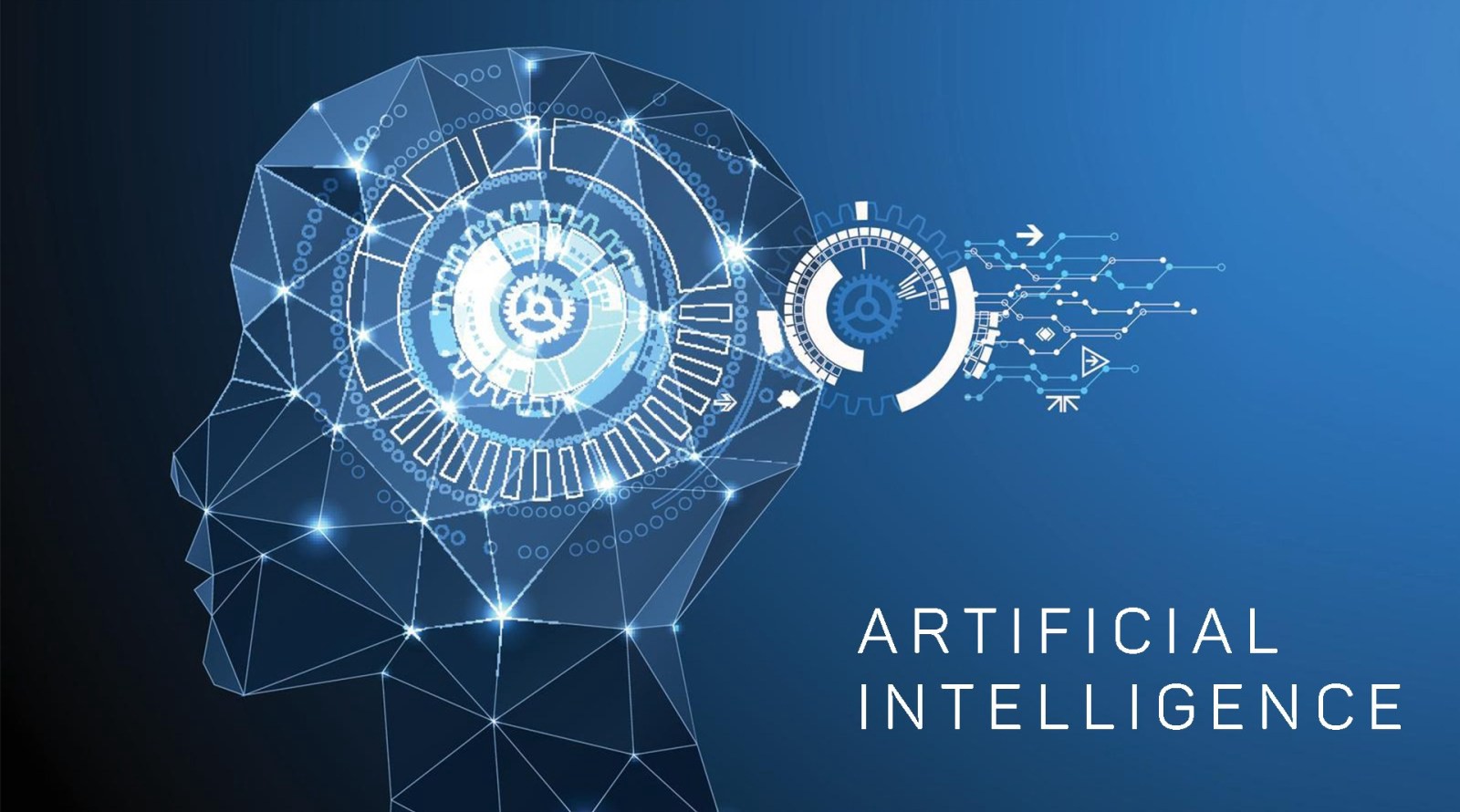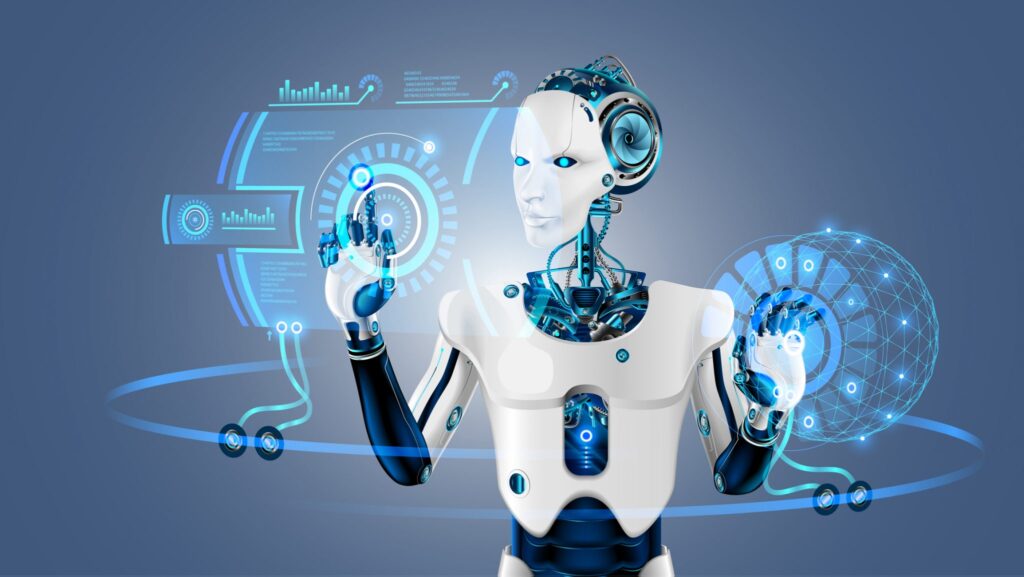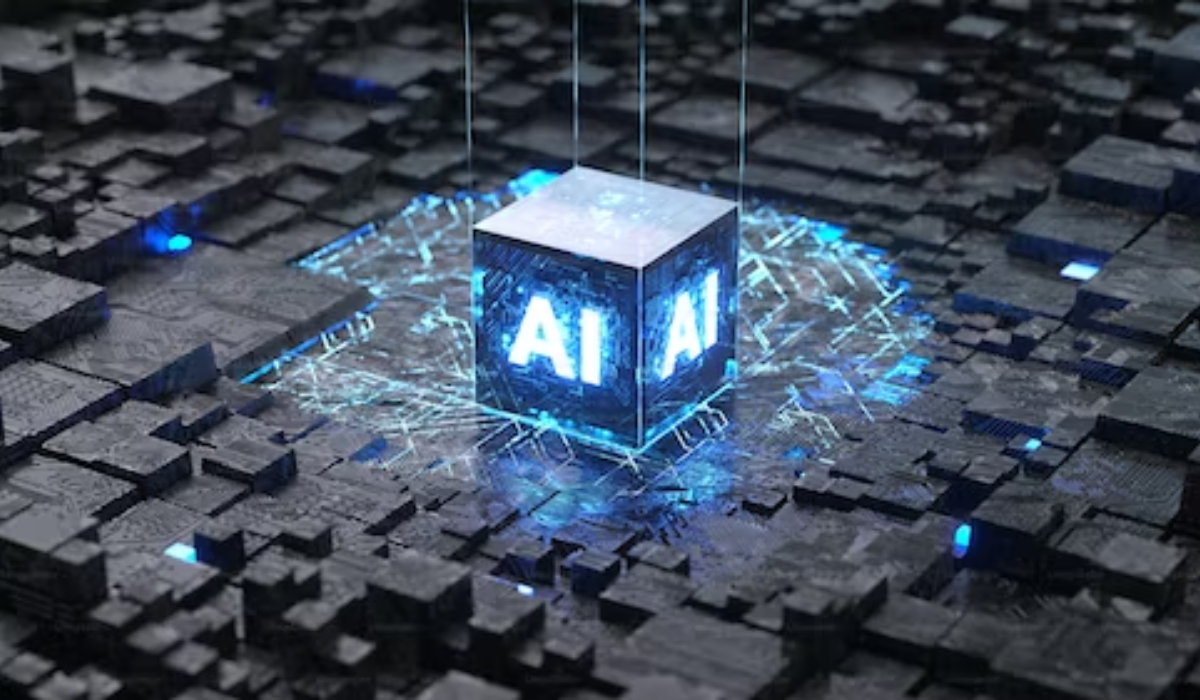
In the ever-evolving landscape of education, one technological force stands out, promising to reshape the way we learn and teach: Artificial Intelligence (AI). This article delves into the profound impact of AI on education, unraveling the transformative potential that this cutting-edge technology holds. As we navigate the intricate intersection of artificial intelligence and learning, we’ll explore the ways in which AI is revolutionizing classrooms, curriculum development, and the overall educational experience.
The Evolution of Learning with Artificial Intelligence
In the digital age, traditional education is undergoing a paradigm shift, with AI at the forefront of this revolution. Students and educators alike are witnessing a transformative wave, as intelligent machines contribute to personalized learning experiences. AI algorithms analyze individual learning patterns, enabling tailored educational content delivery. This adaptability ensures that students grasp concepts at their own pace, fostering a more comprehensive understanding.
Enhancing Teaching Methods with AI
Artificial Intelligence isn’t just reshaping the learning experience for students; it’s also empowering educators to elevate their teaching methods. AI-driven tools provide real-time insights into student performance, enabling teachers to identify strengths and weaknesses promptly. This data-driven approach allows for more targeted interventions, ensuring that no student is left behind. With the help of AI, teaching becomes a dynamic and responsive process, catering to the diverse needs of the modern classroom.

AI in Curriculum Development
Curriculum development is a crucial aspect of education, and AI is proving to be a valuable ally in this endeavor. By analyzing vast amounts of educational data, AI can identify trends and gaps, informing the creation of curricula that are both relevant and future-focused. The result is a dynamic educational framework that adapts to the changing needs of the job market, preparing students for the challenges of the AI-driven workplace.
The Role of AI in Skill Development
As the demand for specific skills evolves, AI plays a pivotal role in aligning educational programs with industry requirements. Machine learning algorithms can predict emerging trends in the job market, guiding educational institutions to tailor their offerings accordingly. This proactive approach ensures that students graduate with the skills needed to thrive in a technologically advanced society, bridging the gap between academia and industry.

Artificial Intelligence-Powered Educational Tools
The integration of AI-powered tools in the classroom enhances the learning experience, making it interactive and engaging. Virtual tutors, language processing applications, and intelligent content creation tools are just a few examples of how AI is revolutionizing education. These tools not only assist in traditional subjects but also open doors to new fields, fostering a holistic approach to learning.

Conclusion
In conclusion, the impact of Artificial Intelligence on education is profound & far-reaching. From personalized learning experiences to data-driven teaching methods, AI is a catalyst for positive change in the educational landscape. Embracing this technological revolution allows us to prepare students not just for today’s challenges but for the unpredictable demands of the future. As AI continues to evolve, so too will its role in education, creating a dynamic and adaptive learning environment that empowers both students and educators alike.
In the rapidly changing landscape of education, Artificial Intelligence emerges as the guiding force, transforming traditional paradigms and opening doors to unprecedented possibilities. The integration of AI in education is not a distant future; it is the present, shaping a new era of learning and skill development.
Stay with Giglyboo! Keep supporting.








